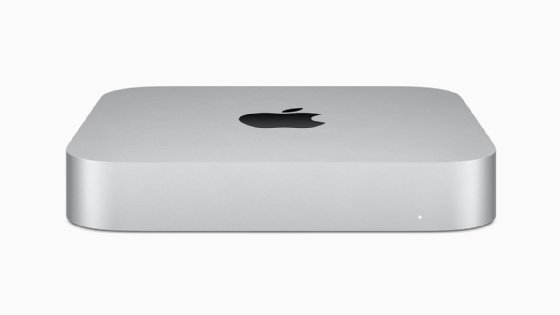
Tomasz Zajda - Fotolia
Amazon brings Mac mini to AWS
Amazon's new EC2 Mac service offers the macOS on Mac mini hardware to developers who want to build Xcode applications for the Mac, iPad, iPhone and the Apple Watch.
Amazon has launched an AWS service that lets developers build and test applications for Apple devices.
The new EC2 Mac service is the first time Amazon has offered the macOS on the Elastic Compute Cloud (EC2). The service, announced this week at the AWS re:Invent conference, provides macOS instances on Mac mini hardware. It's available now in the U.S., Europe and the Asia Pacific region.
The service lets developers quickly set up macOS environments and scale up or down depending on need, Amazon said. Developers also have access to load balancing, expandable storage and security.
Developers can use EC2 Mac to build, test, package and sign Xcode applications for macOS, iOS, iPadOS, tvOS, watchOS and Safari, according to a blog post written by AWS executive Jeff Barr. AWS also offers application development on instances of Windows and Android.
Software development on AWS is useful to developers who want to test applications without building and maintaining a cluster of computers running multiple operating systems.
"If I'm a developer, I just want the environment to build an application," Gartner analyst Sid Nag said. "[With this service,] I only worry about writing code -- that's it."
However, the AWS developer service for Apple devices is pricey, said Forrester Research analyst William McKeon-White. Use of a macOS instance costs $1.08 per hour, with a minimum lease duration of 24 hours. After that, billing continues by the second.

"Those who do a lot of work on macOS can find more cost-effective solutions," McKeon-White said. For example, a similar service at MacStadium starts at $59 per month.
The EC2 Mac service runs on actual Mac minis, instead of virtual machines, with 3.2 GHz Intel processors and 32 GB memory. Developers can use either the Mojave or Catalina versions of macOS, with Big Sur coming soon. The company won't offer the macOS on Apple's new M1 chip until 2021.






